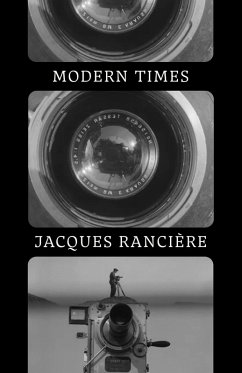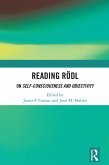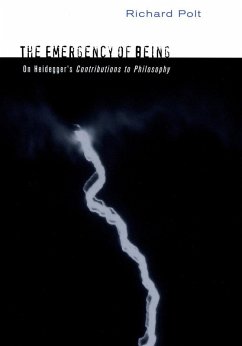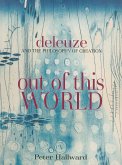In this book Jacques Ranci¿re radicalises his critique of modernism and its postmodern appendix. He contrasts their unilinear and exclusive time with the interweaving of temporalities at play in modern processes of emancipation and artistic revolutions, showing how this plurality itself refers to the double dimension of time. Time is more than a line drawn from the past to the future. It is a form of life, marked by the ancient hierarchy between those who have time and those who do not. This hierarchy, continued in the Marxist notion of the vanguard and nakedly exhibited in Clement Greenberg's modernism, still governs a present which clings to the fable of historical necessity and its experts. In opposition to this, Ranci¿re shows how the break with the hierarchical conception of time, formulated by Emerson in his vision of the new poet, implies a completely different idea of the modern. He sees the fulfilment of this in the two arts of movement, cinema and dance, which at the beginning of the twentieth century abolished the opposition between free and mechanical people, at the price of exposing the rift between the revolution of artists and that of strategists.
Dieser Download kann aus rechtlichen Gründen nur mit Rechnungsadresse in A, D ausgeliefert werden.









